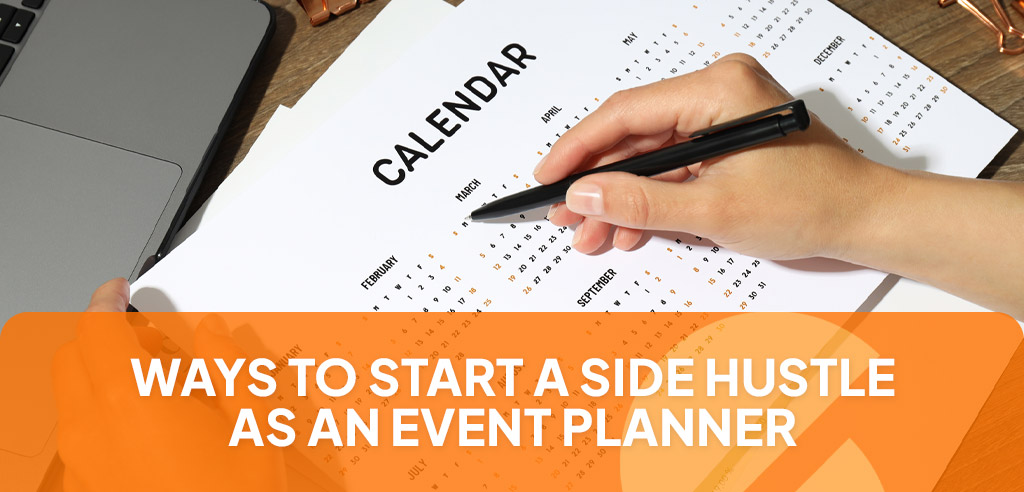Whether it’s for a wedding or a corporate gathering, great planning is the key to creating an unforgettable experience for everyone. As an event planner, you not only get to be creative, you can also get to earn hundreds or even thousands of dollars per event.
In this article, we’ll explain why event planning is a good side hustle, what you need to get started, and how you can improve your chances of success.


 You don’t need any formal qualifications to make money planning events, but you do need the right skill set.
You don’t need any formal qualifications to make money planning events, but you do need the right skill set. If you like the sound of making money by planning parties and events, you have a few paths to choose from.
If you like the sound of making money by planning parties and events, you have a few paths to choose from. Starting from scratch can be tough with any side hustle, and event planning can be particularly competitive.
Starting from scratch can be tough with any side hustle, and event planning can be particularly competitive.
 Event planning can be an excellent side hustle, but there are pros and cons to consider.
Event planning can be an excellent side hustle, but there are pros and cons to consider.







Leave a Reply
You must be logged in to post a comment.